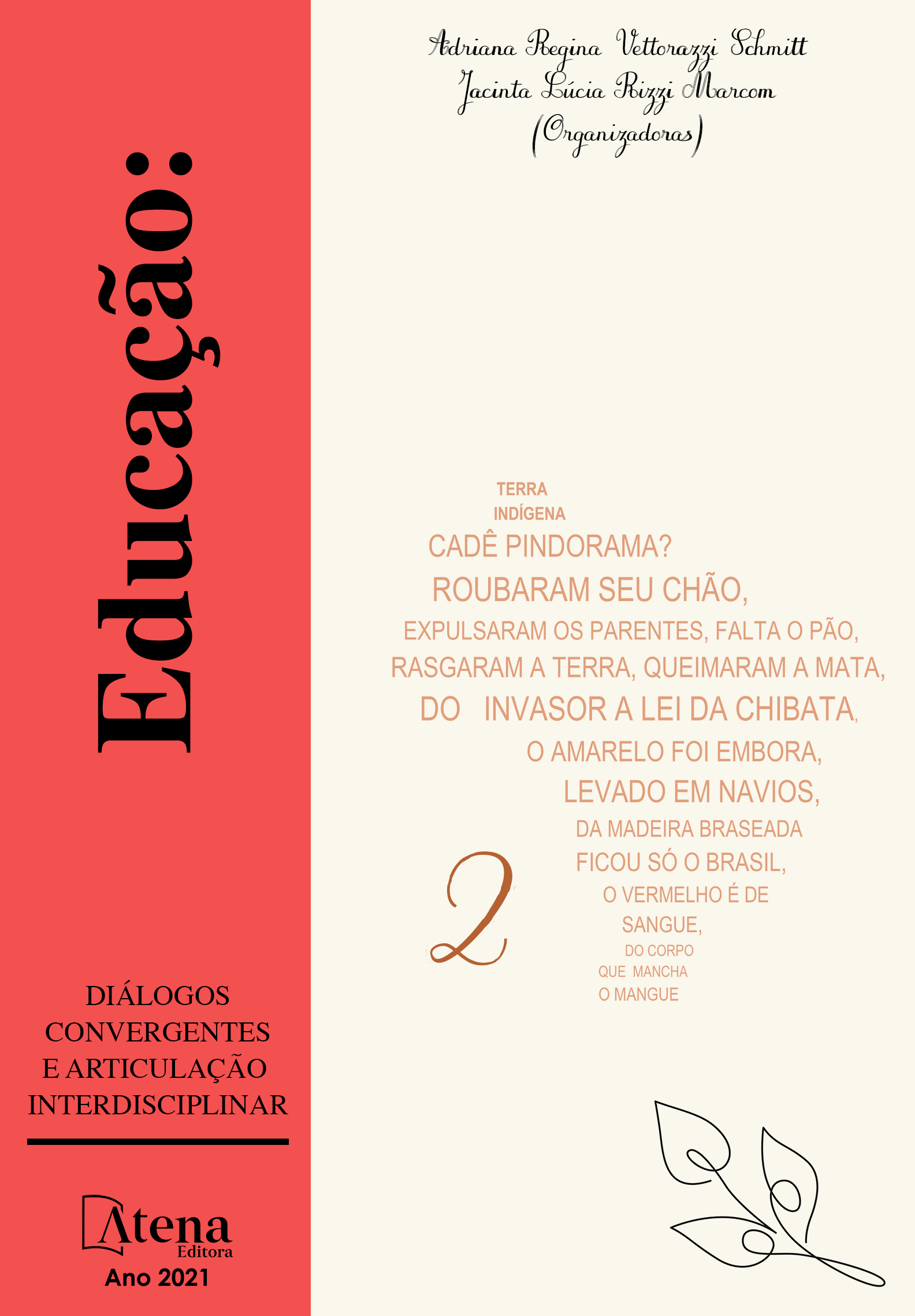
MUDANÇAS CLIMÁTICAS E INFLUÊNCIAS HUMANAS NA EMISSÃO DE GASES DE EFEITO ESTUFA
O estudo discorre sobre influências humanas e outros fatores que podem gerar mudanças climáticas globais, tendo em vista o aumento na emissão de gases de efeito estufa, na má qualidade do ambiente e da saúde do planeta. Para alcançar esse propósito foi realizado um levantamento de informações que permitiram elucidar o questionamento: interferências humanas estão ou não influenciando mudanças climáticas globais? Desta feita, o texto aponta a repressão a ilícitos e a supressão de evidências flagradas em plena pandemia de COVID-19 como influenciadoras de tragédias causadas pela falta de cumprimento de normas ambientais. Por fim, são sugeridas atividades educativas integrando o uso do espaço formal e não formal de ensino que podem auxiliar no resgate e esclarecimentos acerca das divergências identificadas por meio das opiniões acolhidas.
MUDANÇAS CLIMÁTICAS E INFLUÊNCIAS HUMANAS NA EMISSÃO DE GASES DE EFEITO ESTUFA
-
DOI: 10.22533/at.ed.02721220917
-
Palavras-chave: Aquecimento global, Pandemia COVID-19, Espaço formal, Espaço não formal
-
Keywords: Global warming, COVID-19 pandemic, Formal space, Non-formal space
-
Abstract:
The study discusses human influences and other factors that can generate global climate change, considering the increase in the emission of greenhouse gases, the poor quality of the environment and the health of the planet. In order to achieve this purpose, a survey of information was carried out that allowed for elucidating the question: are human interference or not influencing global climate change? This time, the text points to the repression of illegal activities and the suppression of evidence caught in the midst of the COVID-19 pandemic as influencing tragedies caused by the lack of compliance with environmental standards. Finally, educational activities are suggested, integrating the use of formal and non-formal teaching space, which can help to rescue and clarify the differences identified through the opinions received.
-
Número de páginas: 11
- Cristina Maria Costa do Nascimento
- Raiane da Silva Rabelo
- Adriana Maria Pimentel do Nascimento
- Terezinha Ribeiro Reis


